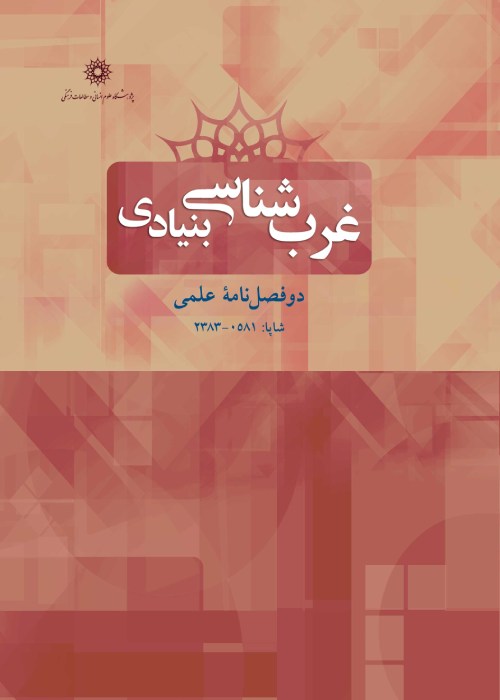The Critical reading of models of the unity of science in 20th century
Author(s):
Article Type:
Research/Original Article (دارای رتبه معتبر)
Abstract:
This article investigates and evaluates models of the unity of science in 20th century. In general, the models of unity of science could be divided into two parts and investigated separately. The first group are models which defend reductionism and eliminativism by relying on physicalism. The second group are the ones that by relying on methodology try to guarantee the unity of science. In evaluating the first group on the works of Thomas Nagle and William James it is argued that these models not adjusted to different ontological fields. The various methods of scientific research and different function of the values of preferring a theory in different contexts of comparison also undermine the claim of scientific unity in the second group models. Anyway, for avoiding the harmful result of the being incommensurable, relying on holism the possibility of giving a model of the unity of science could be defended which has provided possibility of interdisciplinary cooperation and defies any attempt for reductionism or ignorance of the plurality of methods.
Keywords:
Language:
Persian
Published:
Qarbshenasi-ye Bonyadi, Volume:10 Issue: 2, 2020
Pages:
41 to 61
magiran.com/p2140464
دانلود و مطالعه متن این مقاله با یکی از روشهای زیر امکان پذیر است:
اشتراک شخصی
با عضویت و پرداخت آنلاین حق اشتراک یکساله به مبلغ 1,390,000ريال میتوانید 70 عنوان مطلب دانلود کنید!
اشتراک سازمانی
به کتابخانه دانشگاه یا محل کار خود پیشنهاد کنید تا اشتراک سازمانی این پایگاه را برای دسترسی نامحدود همه کاربران به متن مطالب تهیه نمایند!
توجه!
- حق عضویت دریافتی صرف حمایت از نشریات عضو و نگهداری، تکمیل و توسعه مگیران میشود.
- پرداخت حق اشتراک و دانلود مقالات اجازه بازنشر آن در سایر رسانههای چاپی و دیجیتال را به کاربر نمیدهد.
In order to view content subscription is required
Personal subscription
Subscribe magiran.com for 70 € euros via PayPal and download 70 articles during a year.
Organization subscription
Please contact us to subscribe your university or library for unlimited access!


